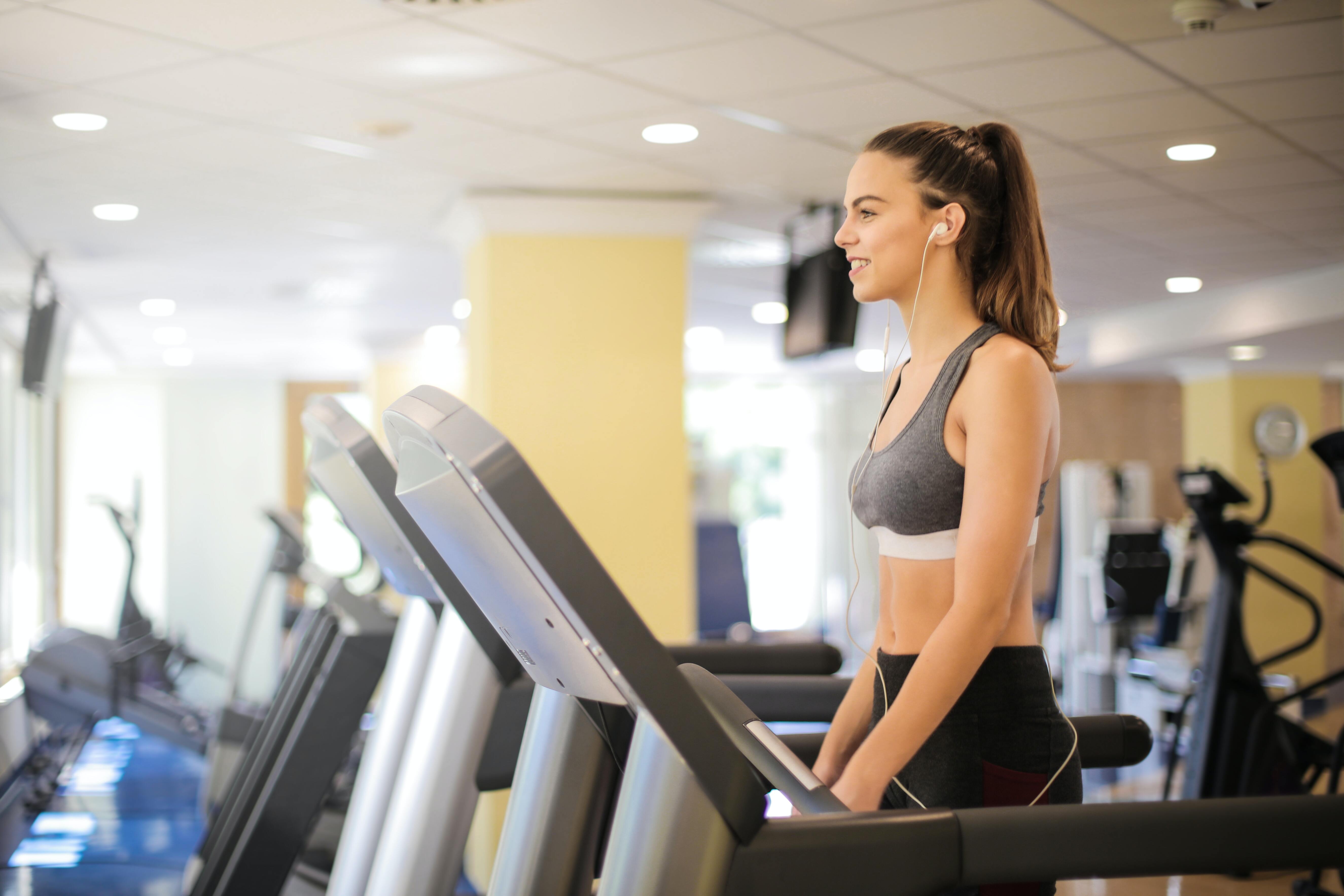One of the great mysteries of medicine that continues to be poorly understood to this day is yawning. It’s defined as a form of reflex that involves a rapid expulsion of air from the lungs by opening one’s jaw very wide.
Despite knowing what yawning actually is, there has always been a great deal of difficulty in identifying what causes it.
The vast majority of people associate the action with being tired and contagious; it’s commonly known for inciting others to yawn if they view somebody else doing it. If this is the case, why does yawning occur to some people while they’re working out? Read more below.
What Is Yawning?
Based on the definition above, there are numerous theories as to why people tend to yawn. There are agreed-upon scenarios where yawning occurs the most, and they are as follows:
Air Ascention
When humans experience a rapid elevation of some kind (e.g., on a plane), they will intentionally yawn to equalize pressure in their ears during ascent. This can happen involuntarily as well; the act of yawning is an excellent method to rid this uncomfortable feeling (as is chewing gum).
Empathy
Another notable case of yawning comes in the form of social empathy. This is a fancy way of calling the action “contagious,” as termed earlier.
Building on this notion, psychologists have actually deemed that the more empathetic people are in everyday bouts of life, the more likely they will yawn when witnessing another person/animal do so.
It has also been noted that if someone is very close to another person emotionally, they will copy each others’ yawning as well.
Tiredness
Perhaps the most apparent tie is that yawning has a connection to boredom and degree of sleepiness. It is uniquely theorized that yawning isn’t a direct sign of this but a reflex that causes awakeness and alertness in your brains.
Yawning associates itself with hormones that are released to briefly increase one’s heart rate. There is another common phenomenon tying yawning to after awakening, similar to what happens with arousal.
Brain Overload
The final theory related to yawning is noted as a reflex to cool someone down in the brain. Its visibility is noticed by certain people while playing sports or exercising in the sun.
Contrary to deep breaths with an open mouth, experts believe yawning directly cools down the brain.
Avoiding Fatigue While Working Out
Noted as one of the popular theories surrounding what possibly initiates humans to yawn, tiredness is something that many people in the gym, unfortunately, show signs of.
Although it would be nice to ensure a solid night’s sleep and a perfect eating regimen when exercising, this can be a challenge for some people.
Believe it or not, the amount of rest one receives per night directly affects their in-gym performance when exercising. Mental fatigue has the potential to minimize cognitive and exercise performance. In other words, the more tired you are at the gym, the harder it’s going to be to achieve personal lifting/cardio goals during your routine.
On top of your performance, showing up tired to the gym without adequate sleep will seemingly increase the likelihood of yawning throughout. Not only will you be mentally tired, but experts believe your jaw-opening breathing reactions are knee-jerk methods the human body emphasizes to cool down your brain, as discussed earlier.
All in all, try to do your best to exercise with a full night’s rest - this will lower the likelihood of yawning during your workout. If you have difficulties finding time in your busy schedule to trek to your local gym, try at-home workout measures from EnergyFit.
Our SKI-ROW AIR machine identifies as the first of its kind two-in-one cardio machine that serves as both a rower and ski trainer.
Is Yawning During Exercise Harmful?
In short, there’s not really a reason to worry about yawning during exercise. Professional athletes tend to do it, and they’re considered to be the best of their respective athletic activities.
Since yawning is seen as a way of cooling your brain to stay alert, just view it as a natural thing that the body does.
As discussed prior, this could be stimulated by mental fatigue, as well as physical fatigue. Depending on how hard you’re working out, your body could be trying to compensate for the loss of energy by forcing a yawn after a mile-long run.
Exercise Routines That Cause Yawning
Although it’s nothing to sweat over (no pun intended), yawning while working out can be somewhat monitored if you want to stop doing it so frequently. For instance, most gym-goers find an unwritten obligation to exercise at extremely early times in the morning before they go to work.
Although it might not be a bit of a change, try sleeping in a little more and exercising after work or at the office. If you have a home exercise machine set up in your home like the SKI-ROW AIR or the SKI-ROW AIR+PWR, the process of separately driving to the gym post-work and changing into and out of gym clothes gets completely removed from the equation.
These machines specialize in HIIT workouts or high-interval intensity training (which actually are known for causing yawning during exercise), so it’s important to get extra rest before exerting small bursts of cardio energy.
In general, it’s important to take some form of interest in the exercise you’re doing. If somebody is disinterested in their regiment of working out, they’re naturally going to get bored and probably yawn as a result.
Sources:
By the way, doctor: Why do I yawn when I exercise? | Harvard Health Publishing
Yawning: Why & What Could It Mean? | Medical University of South Carolina
Endurance exercise-induced and mental fatigue and the brain | NCBI
Mental fatigue caused by prolonged cognitive load associated with sympathetic hyperactivity | NCBI




Leave a comment
All comments are moderated before being published.
This site is protected by hCaptcha and the hCaptcha Privacy Policy and Terms of Service apply.